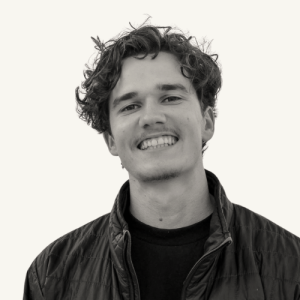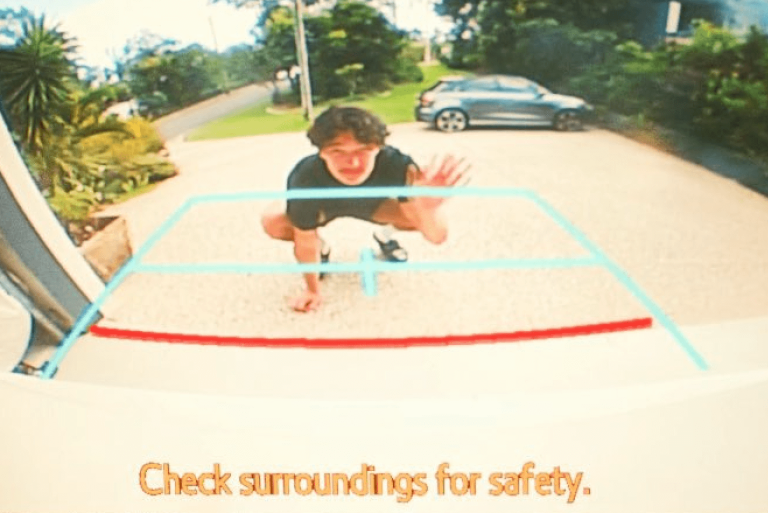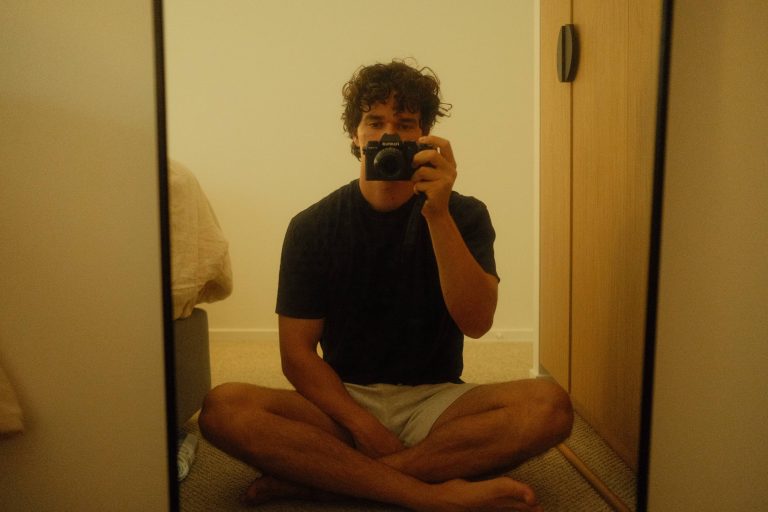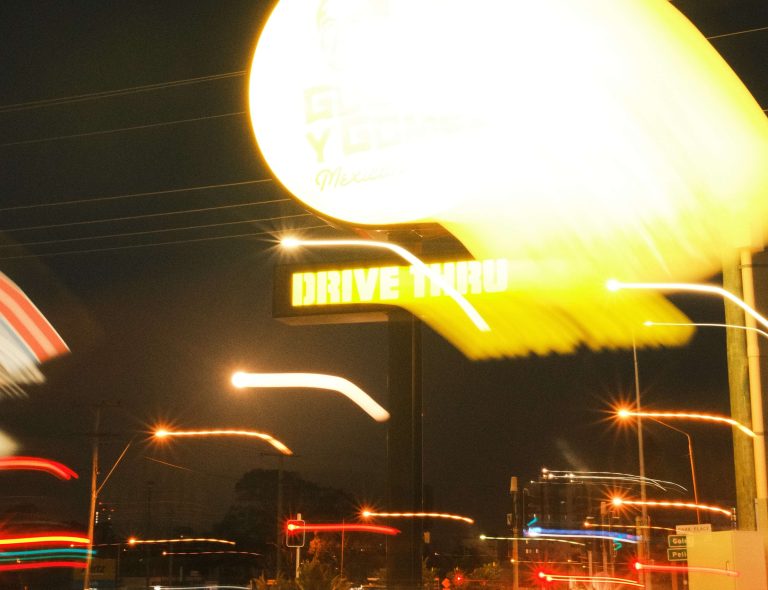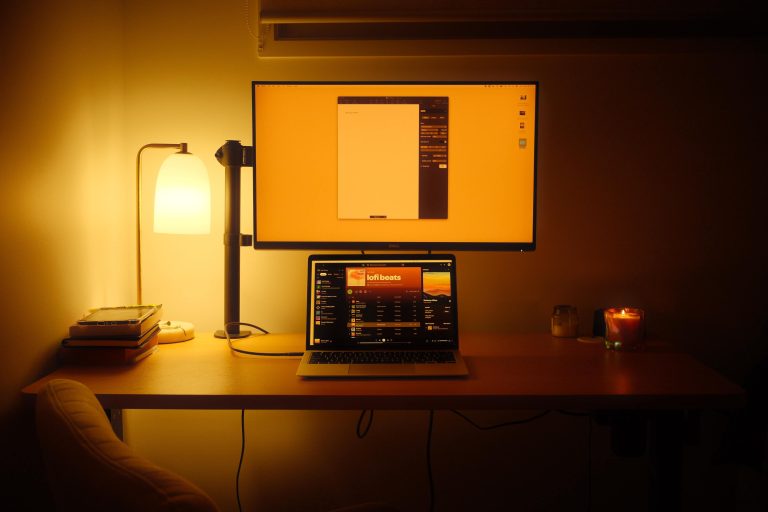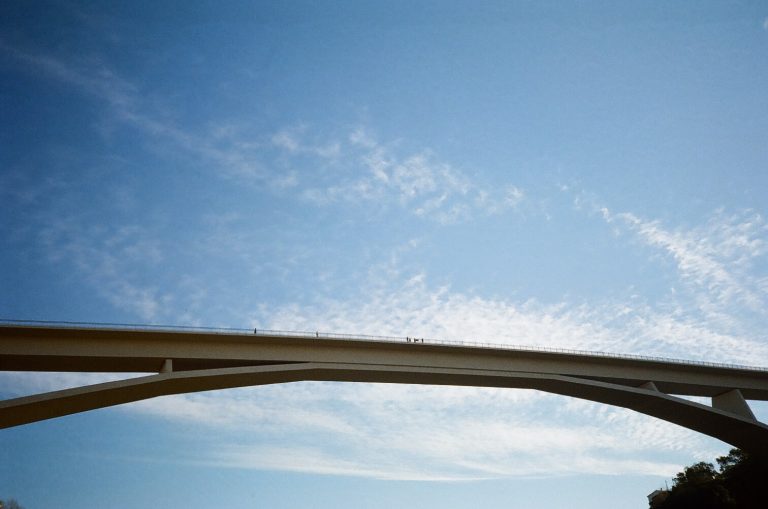I started binging Chef’s Table this week, and it’s opening me up to a whole new world of creativity.
The show follows a new chef each episode, documenting their philosophy towards life and food.
And let me tell you… it gets deep.
But there was one episode in particular that caught my attention, that of Magnus Nilsson and his restaurant, Fäviken.
Fäviken is in a remote, mountainous location in Sweden.
To get there, guests would have to book months in advance, then gamble on the weather being safe enough for the final leg of their journey.
For international visitors, getting to this restaurant required multiple flights and long travel delays.
A lot of effort for a plat of food, right?
Well, the food was only part of it.
When you have people travelling to a remote part of your home country to experience what you’ve created, they’re seeking more than just the product itself.
That’s a full-on immersion into the story and vision, and a testament to the power of creation.
Be So Good They Can’t Ignore You
“If you create something really unique, something good, people will come to find it. You don’t need to chase them. They will find their way if it’s worth it.”
Magnus Nilsson
Reducing friction is one of the most essential aspects of building a successful business.
That’s why you can buy something off Amazon in like three clicks.
And that’s why I think it’s incredible when a business can thrive even with self-imposed fiction.
The type of friction that’s usually brought upon by doing something you truly want to do.
Something that aligns with your values, something that’s more sustainable, something that’s unique.
Fäviken is a perfect example of that.
Magnus initially trained and worked in top restaurants in France.
Unfulfilled with this path, and unsure if he wanted to continue life as a chef, he returned to Sweden and decided to fully embrace a unique Nordic approach to food.
Throughout the episode, Magnus emphasises the importance of sustainability and respect for nature.
His foraging practices, reliance on local ingredients, and deep respect for animals and plants align his cooking with the surrounding environment.
“The flavour of something is not just how it tastes in your mouth. It’s the whole journey it took to get there – the way it was grown, the people who worked on it, the environment. You taste all of that.”
Magnus Nilsson
It’s about so much more than the food, and I think this is true when celebrating the work of any successful creative.
The art of Basquiat or Van Gogh, the music and lyricism of your favourite artist or song – when you delve deeper than what it looks like or sounds like, you see a story.
A story that tells of a time before, a struggle, emotion.
And I can’t think of many cooler displays of creativity than mother nature on a plate.
I mean, just think of the processes that had to happen for those plants and animals to end up on the plate.
Processes that are entirely unique to that specific part of the world, something that I couldn’t even fathom in the warm Australian conditions where I’m from.
I don’t know, I just think it’s cool.
Creation Thrives of Constraints
“If you want to be really creative, you need to have restrictions, and you need to be willing to make use of what you have around you,”
Magnus Nilsson
Confining his creation to the local environment around him, Magnus turned constraints into innovation.
This is an incredibly powerful skill, and something that I believe makes creation easier (because the paradox of choice is such a pain).
Sometimes when you have everything, you try to do everything.
And in my experience, doing everything is the best way to get good at nothing.
Weird example, but right now photography is annoying me a bit because I’m constantly juggling three lenses.
I’m switching them around, trying to figure out which one works best for each shot, and it’s exhausting.
I made the decision this weekend to keep one specific lens on my camera for the next few months in an attempt to impose some sort of creative restriction on myself.
This shifts the brain power away from ‘okay what lens would work best here’ to ‘how can I get the best possible shot with this lens’.
It shifts the focus away from the equipment and more towards the skill itself.
In Magnus’ case, this shift was about how to get the best possible flavours from the surrounding environment, rather than asking what ingredients might have been ideal.
Limitations can be a driving force for creation, when used correctly.
“When you create something out of limitations, you have to find ways to make it beautiful within the boundaries. And that’s where real creativity comes in.”
He Also Knew When To Quit
Oh, and one more thing.
The man knew when to quit, perhaps the greatest skill of all.
Magnus closed the restaurant in 2019 whilst at the peak of its popularity because he felt he has reached a natural endpoint in his journey.
Rather than continuing out of obligation, he wanted to close Fäviken on a high note
This alone reflects a philosophy that true creativity thrives when it feels authentic and energised.
Creation can never be forced.
This episode was a great reminder of that.


